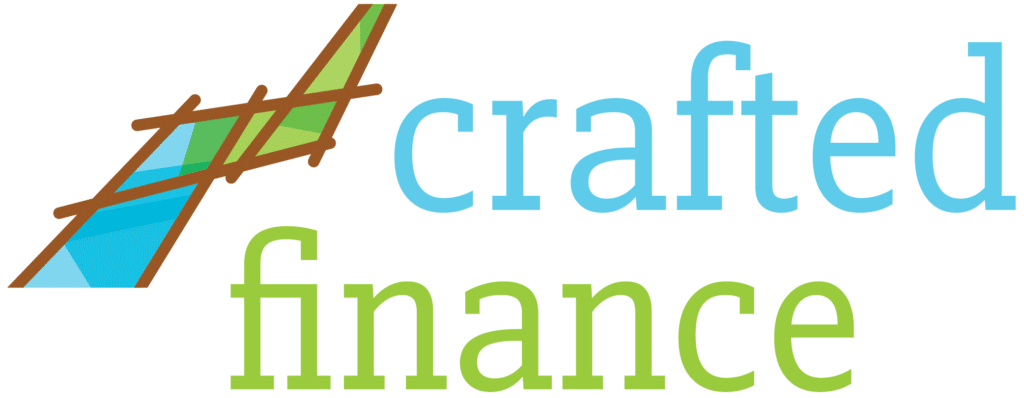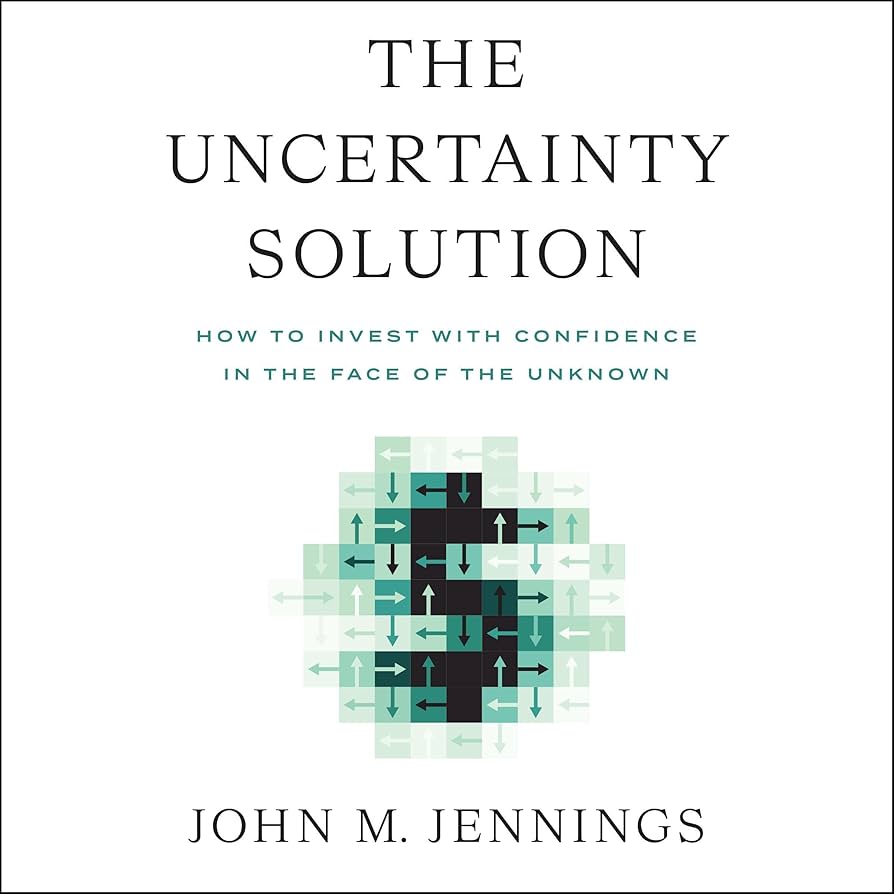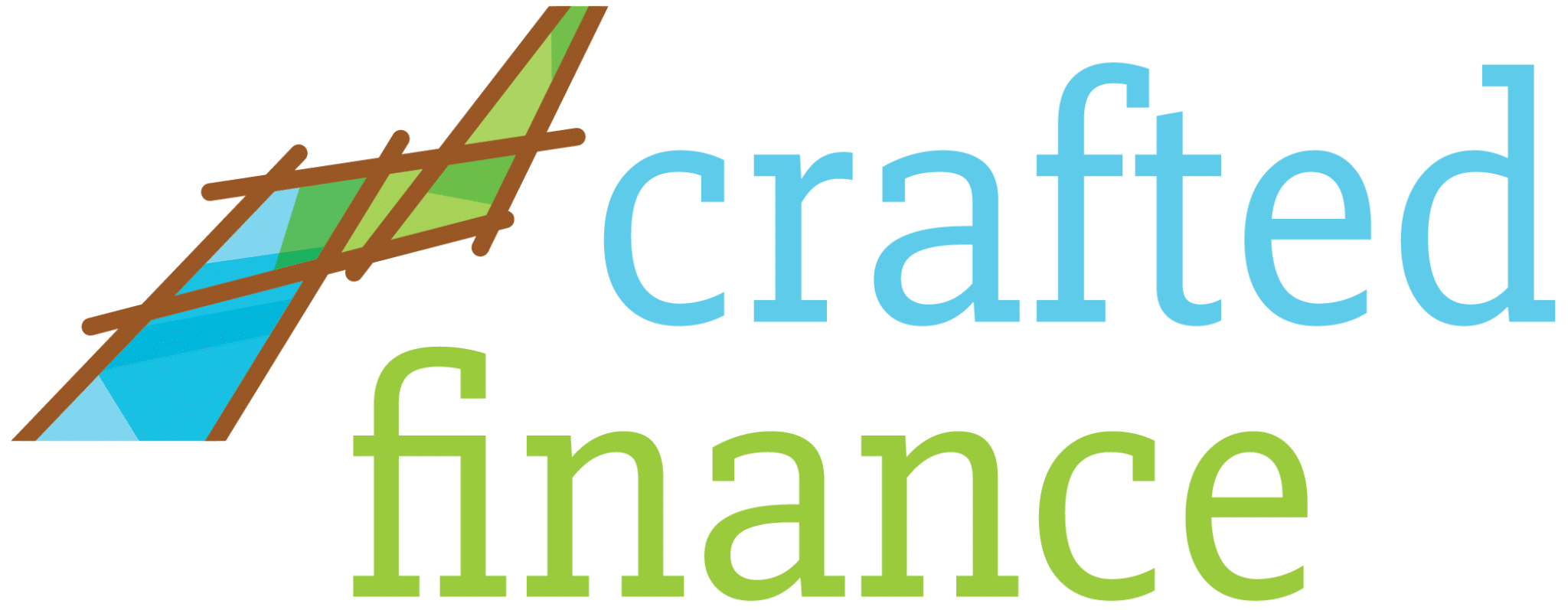In the intricate world of finance, tax liability stands as a crucial, yet often misunderstood element. It’s the sum total of what you owe to the government, but it’s shaped by diverse factors from your present income to the structure of your legacy.
In this post, we’ll dive deeper into the depths of tax liability and unravel how various aspects of your financial life come together to determine what you will owe. We’ll also cover the various ways you can save and how you get professional help in saving as much as you can on your lifetime tax bill.
What Exactly Is Tax Liability?
Generally speaking, tax liability is essentially the amount of tax you owe to the government in a given calendar year. Things that influence your tax liability include, but are not limited to:
Income: Your earnings play a crucial role in determining tax liability. Generally, higher income leads to higher tax liability. Different types of income, such as wages, interest, and dividends, are taxed differently.
Deductions: Deductions reduce your taxable income. Common deductions include certain types of retirement contributions, mortgage interest, and business expenses. The lower your taxable income, the lower your tax liability.
Tax Credits: These directly reduce your tax liability. They’re different from deductions; a credit reduces your tax bill dollar-for-dollar. Examples can include credits for energy-efficient improvements to your home and childcare expenses.
Filing Status: Your tax liability is influenced by whether you file as single, married filing jointly, married filing separately, or head of household. Each status has different tax rates and standard deductions.
Investments: Investment income, like capital gains, dividends, or rent payments can increase your tax liability. Conversely, capital losses can be used to offset gains and reduce liability.
Employment Status: Whether you’re a full-time employee, part-time, self-employed, or unemployed, your employment status affects your tax liability. Different types of employment have varying tax implications, especially in terms of how income is reported and taxed.
State Laws: The tax laws of each state can significantly impact your overall tax liability. These laws determine state income tax rates, exemptions, deductions, and credits. They also dictate how specific income types, like retirement income or investment earnings, are taxed. Additionally, state laws regulate property and sales taxes, which vary widely across different states. Your residency status in a state also affects your state tax obligations, as some states have different rules for residents/non-residents and property types.
Relationship Between Financial Planning And Tax Liability
Tax liability is usually thought of on an annual basis. However, it’s important to recognize that tax liability is relevant over the entire course of your life. This is where the worlds of financial planning and tax liability collide.
Proper financial planning digs deep into your current and future financial life. It seeks to understand where you are in relation to your retirement savings, insurance, Social Security, education planning, and so much more. This requires not only looking at where you are but also where you intend to go.
The right financial planning strategies can make a huge difference on your lifetime’s tax burden. By reviewing your short-, medium-, and long-term financial goals with a financial advisor, you can garner insights into potential tax implications associated with various investment choices, savings options, withdrawals, and income streams.
This understanding allows you to structure your finances for maximum tax efficiency. It ensures that each decision, from retirement planning to real estate investments, makes sense from a growth perspective as well as a savings perspective.
CFP® vs CPA
Now, let’s clear up a common confusion: the roles of Certified Financial Planner’s (CFP®) versus Certified Public Accountants (CPAs) in tax planning. It’s easy to blur the lines, but understanding the difference is crucial for your financial health. A CFP® is like your long-term financial coach. They’re in it for the long haul, crafting strategies that aim for major tax savings over the course of your life.
CPAs, on the other hand, are the experts in navigating the complex, ever-changing annual tax landscape. They (mostly) focus on the here and now, helping you prepare your taxes each year to ensure you’re not paying more than necessary. Their expertise is invaluable in making sure you benefit from every tax deduction and credit available to you, maximizing your tax efficiency each year.
In summary, both CFP®s and CPAs are essential in their own ways. While CPAs help you save on taxes and avoid costly mistakes in the micro (yearly), CFP®s assist in building a financial foundation that reaps tax savings in the macro (over your lifetime). The best tax planning strategies involve a blend of both perspectives – leveraging the expertise of CPAs for immediate tax relief and CFP®s for long-term tax savings. Together, they ensure you’re well-positioned to meet your financial goals while keeping your tax rates as low as possible.
How Might Financial Planning Impact Your Tax Liability?
There are several ways financial planning can impact your tax liability in a positive way. By working with a financial advisor, you can explore multiple ways to potentially save. Below, you can run through some of the options you may have to save huge on your lifetime tax bill.
Lowering Tax Liability With Retirement Accounts
Retirement accounts are pivotal in creating a powerful tax-saving strategy. Let’s delve into how these accounts can be used to reduce your tax liability:
Traditional IRAs: Contributions to Traditional IRAs can be tax-deductible, which means they reduce your taxable income for the year. In these accounts, funds accumulate with tax-deferred growth, and taxes are only due upon withdrawal, often at a reduced rate in retirement.
Roth IRAs: Contributions to a Roth IRA are made with after-tax dollars. The beauty of a Roth IRA is its tax-free growth; withdrawals in retirement are not subject to income tax (though there are a few exceptions), making them a powerful tool for those anticipating higher tax rates in the future.
Employer-Sponsored Plans (like 401(k)s): Contributing to employer-sponsored retirement plans lower your taxable income and allow the investments to grow tax-deferred. Contribution limits are higher than IRAs and Roth IRAs; this can be especially beneficial for those in higher tax brackets currently.
Roth Conversions: Converting funds from a Traditional IRA or Employer Plan to Roth can be advantageous. Although it may raise your taxable income in the year of the conversion, it sets you up for tax-free withdrawals later on, which can be a significant advantage in retirement planning.
Qualified Charitable Distributions (QCDs): Once you reach a certain age, making charitable donations directly from an IRA can be a tax-efficient move. It helps in reducing taxable income for the year when compared to making charitable contributions from your checking account.
Lowering Tax Liability With Smart Non-Retirement Savings
Effective tax planning also involves smart strategies around non-retirement savings. By leveraging various investment accounts designed for specific purposes, you can enjoy tax benefits that extend beyond your immediate retirement needs. These accounts allow for tax-efficient growth and can be instrumental in reducing your overall tax liability:
Health Savings Accounts (HSAs): Contributions to HSAs are tax-deductible, and the funds grow tax-free. Withdrawals for qualified medical expenses are also tax-free, providing a triple tax advantage.
Saving for College with a 529 Plan: These plans provide tax-exempt growth and distributions when used to cover eligible educational costs, making them a tax-efficient way to save for a child’s or grandchild’s education. You can also “superfund” these plans by making a lump sum contribution, potentially up to five years’ worth of gifts in one go, maximizing tax-free growth potential for college savings.
Brokerage Accounts: Wealthy people have taxable investments once their wealth is established in real estate and/or tax deferred accounts. The advantage to this money is the freedom to withdraw (or shift) this asset to other places. When you need the money though, trading causes taxable income. A thoughtful approach can save you a lot in tax liability.
Please Note: If you’re saving for a college education that’s coming sooner rather than later, check out the College Planning Masterclass we offer. You can also watch the following podcast to see our interview with The College Financial Lady herself!
Lowering Tax Liability With Deductions and Credits
Utilizing deductions and credits is an integral part of reducing your tax liability. By strategically maximizing these aspects of your financial profile, you can significantly lower the amount of tax you owe. This approach includes taking advantage of various deductions that reduce your taxable income and implementing strategies that can offset potential tax liabilities:
Mortgage Interest: Deducting the interest you pay on your mortgage can significantly reduce your taxable income, especially in the early years of a mortgage when the interest portion of the payment is highest.
Medical Expenses: If you have substantial medical expenses, you may be able to deduct a portion of these costs, thus reducing your taxable income.
Business Expenses: Self-employed individuals or those with unreimbursed business expenses can leverage these deductions to reduce their taxable income.
Charitable Giving: Contributing to charity can achieve philanthropic aims while also offering tax advantages. Donating cash or appreciated investments can result in significant tax deductions.
Tax Loss Harvesting: This approach entails selling some investments at a loss to counteract capital gains realized from other investments. By utilizing these tax losses, you can significantly reduce your overall tax liability, especially in years when you realize significant gains. Properly implemented, tax loss harvesting can help you strategically manage your investment portfolio while keeping your tax bill lower.
Lowering Tax Liability With Savvy Legacy Planning
Legacy planning is also a critical area for managing tax liability. This aspect of financial planning involves making strategic decisions about the transfer of your assets, not just to fulfill your legacy goals, but also to minimize taxes on your estate. By understanding and utilizing various legacy planning tools, you can significantly reduce the potential tax burden on your estate, ensuring more of your wealth is passed on according to your wishes:
Annual Gift Exclusion: This allows you to give a certain amount each year to as many individuals as you like without it counting against your lifetime gift tax exclusion.
Lifetime Gift Exclusion: There’s a cap on how much wealth you can transfer to others in life and in death before incurring tax. Strategic use of this exclusion can significantly impact estate and income tax liability.
Trusts: Strategic use of trusts can efficiently minimize estate taxes and guarantee that your assets are transferred as you intend them to be.
Please note: the realm of trusts is vast and varied (e.g. living trusts, testamentary trusts, and irrevocable life insurance trusts , etc.. Moreover, gift exclusion amounts and the taxation of long-term capital gains can be subject to change due to new legislation or amendments to existing laws. A financial advisor, tax professional, and/or estate planning attorney can help you navigate the complex landscape of these financial instruments and the associated tax implications. They can guide you in understanding the tools at your disposal and the relevant laws and regulations that will impact you.
Let Us Help You Lower Your Tax Liability With Proper Financial Planning
At Crafted Finance, we recognize that navigating tax liability is more than just a yearly task—it’s an integral part of your overall financial health. Our team has expertise advising on complex tax and estate planning issues, crafting strategies that are tailored for each client.
Whether you’re an individual looking to optimize your tax returns, a family planning for the future, or a business owner seeking efficient tax solutions, we’re here to guide you every step of the way. Our tax planning approach is proactive and personalized, focusing on long-term strategies that align your financial goals with your desired lifestyle.
Don’t let the complexities of tax liability overwhelm you! Scheduling an appointment with us is the first step towards a more secure financial future. During our consultation, we’ll explore various avenues to reduce your tax liability, enhance your savings, and ensure that your financial planning aligns with your life’s objectives.













